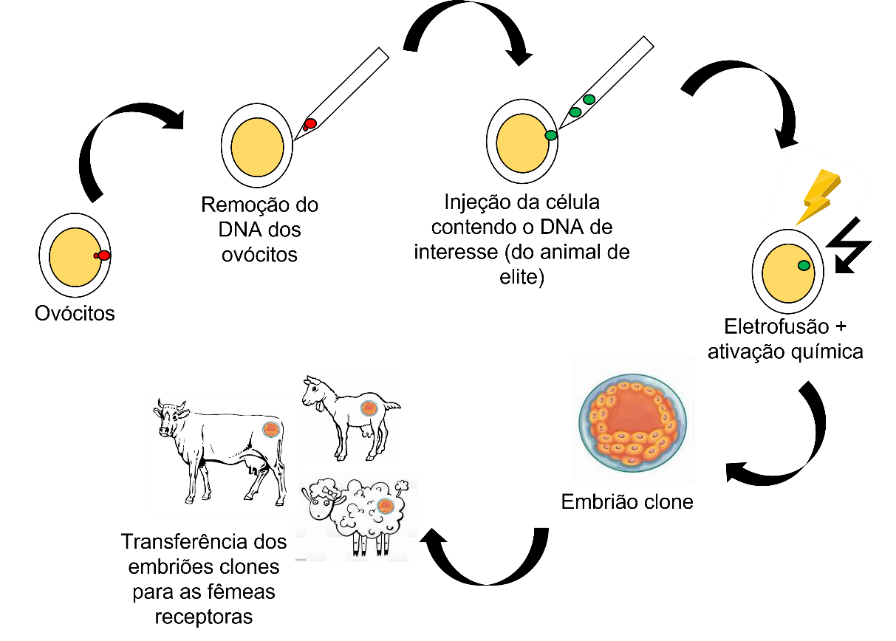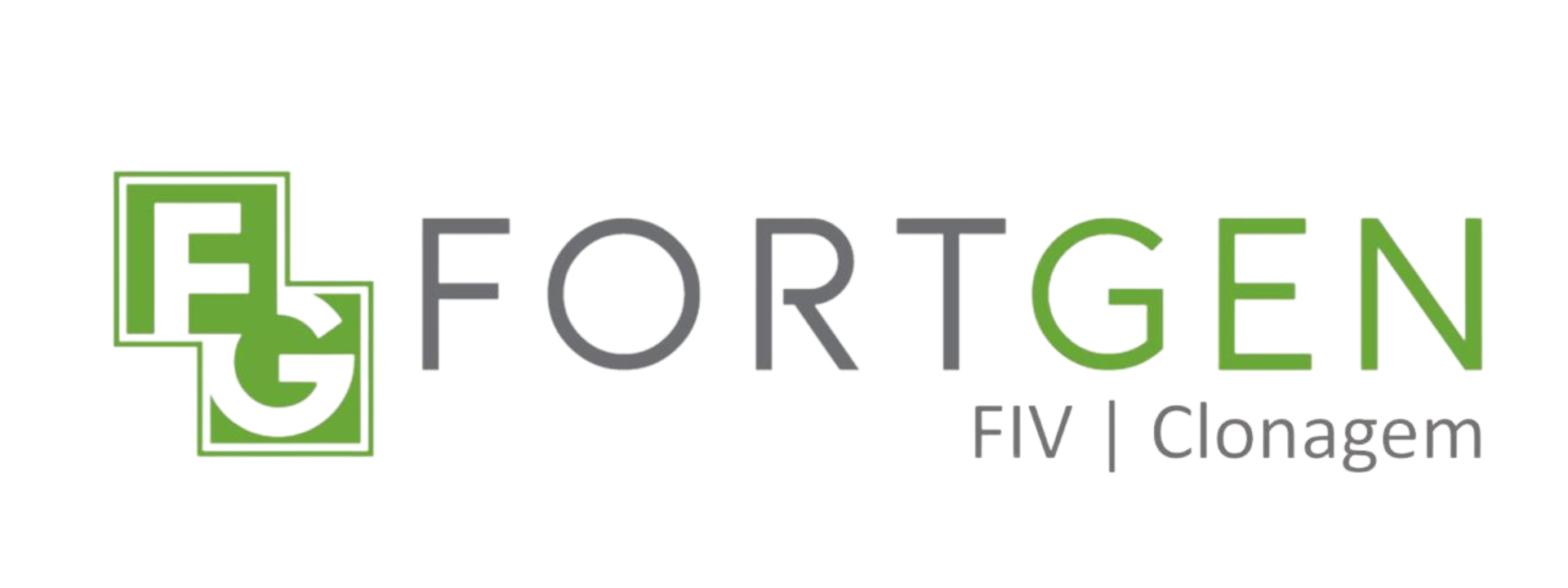Animal Cloning
The animal cloning technique became known for having resulted in the birth of Dolly the sheep and is currently being used to generate genetically identical copies of elite animals. The clones have the same chromosomes and genes as the animal that was cloned.
From the moment that identical copies of the best animals can be produced, multiple business possibilities are created. Clones can be commercialized directly and/or boost the production and sale of semen doses, in the case of male clones, of oocytes and embryos, in the case of female clones.
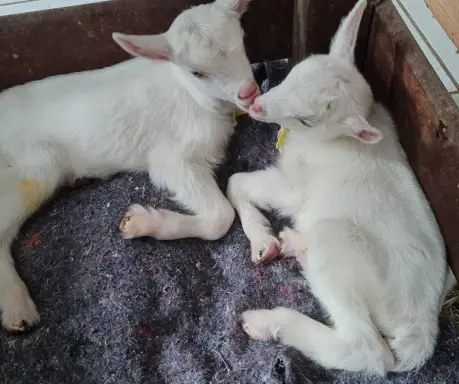
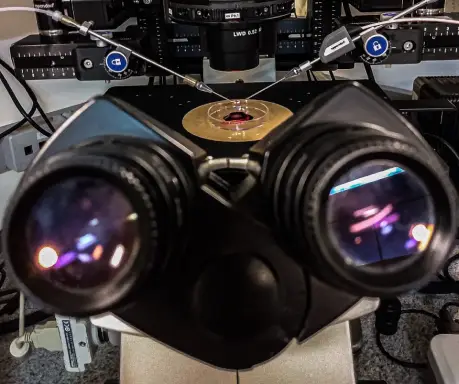
The cloning allows the breeder to perpetuate the genetics of the best animals, both from young and healthy animals and from elderly animals or with some acquired reproductive pathology. Another possibility is to collect and store cells (see details in the service Genetic Bank) from better animals in life and have the option of cloning after death.
Fortgen provides the cloning service for bovine, ovine and caprine species and is a national pioneer in the cloning of ovine and caprine animals, having produced the first sheep clone registered with Arco (Brazilian Association of Sheep Breeders) in 2022, in addition to having produced dozens of goat clones over the last few years.
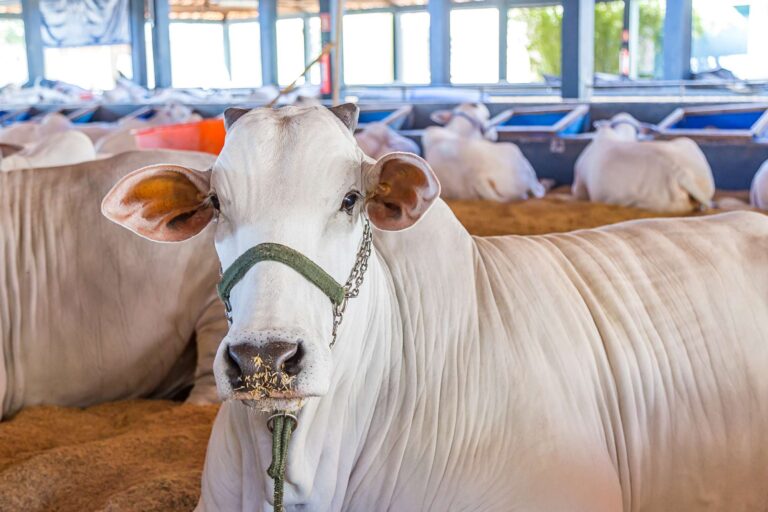
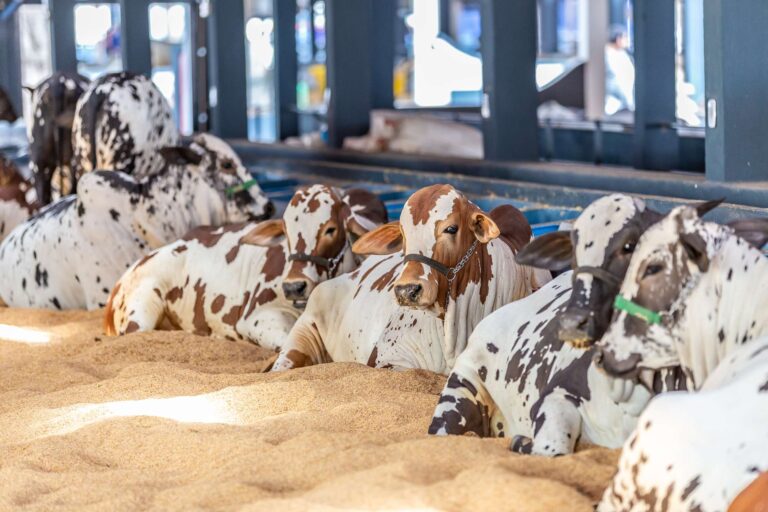
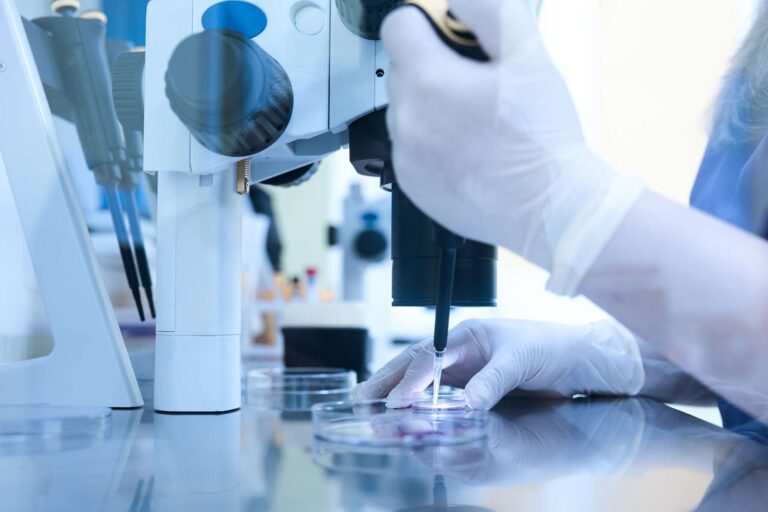
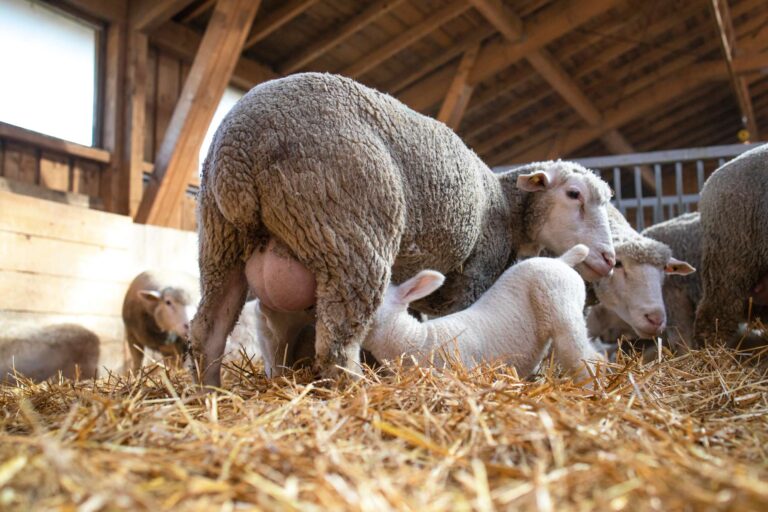
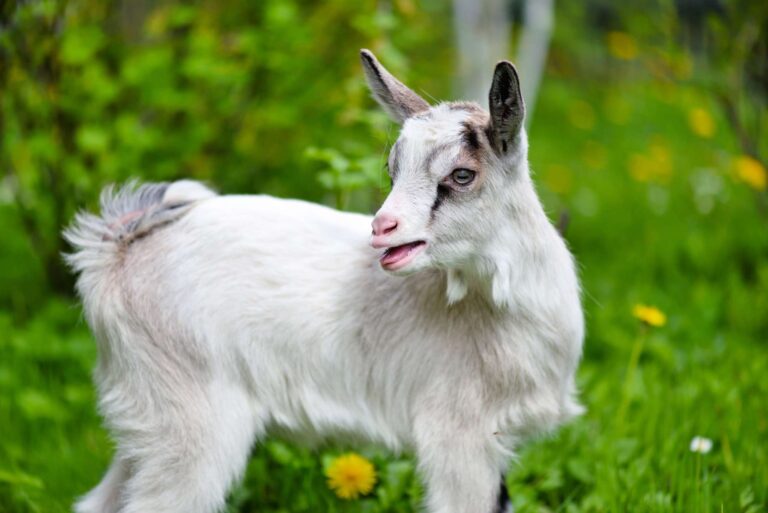
The cloning process uses two main elements: oocytes and cells collected from the animal of interest (animal that will be cloned). The oocytes have their DNA removed right at the beginning of the cloning process and participate only with their cytoplasm which, in turn, contains the necessary elements for embryonic development. The DNA of interest is that contained in the cells that were previously collected from the animal to be cloned. The cells are then injected into the oocyte (one cell per oocyte). Sperm do not participate in the cloning process. The clone DNA is a copy of the cloned animal's DNA.
